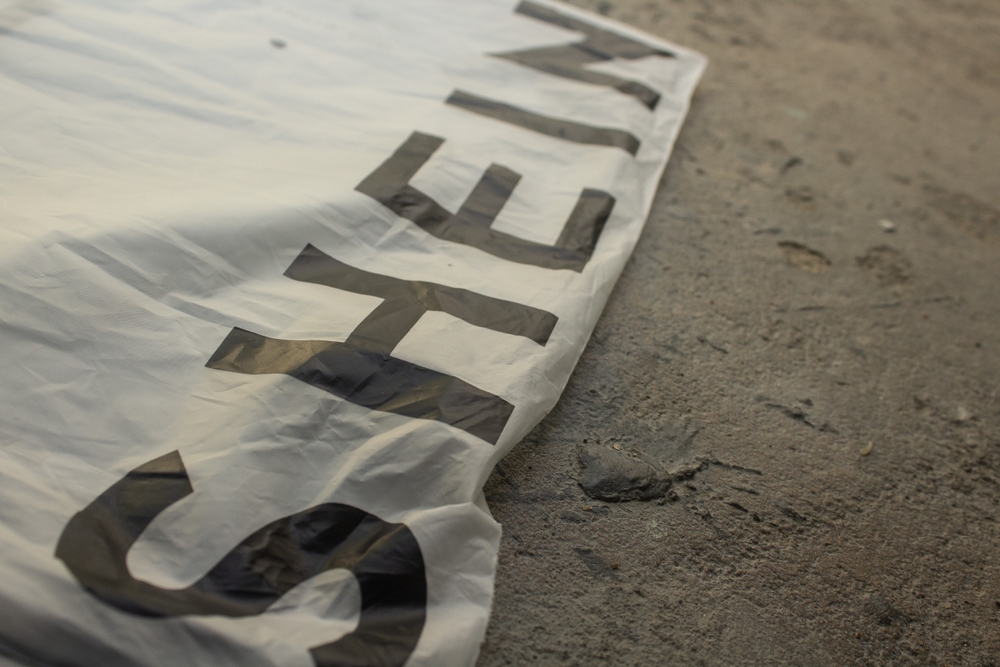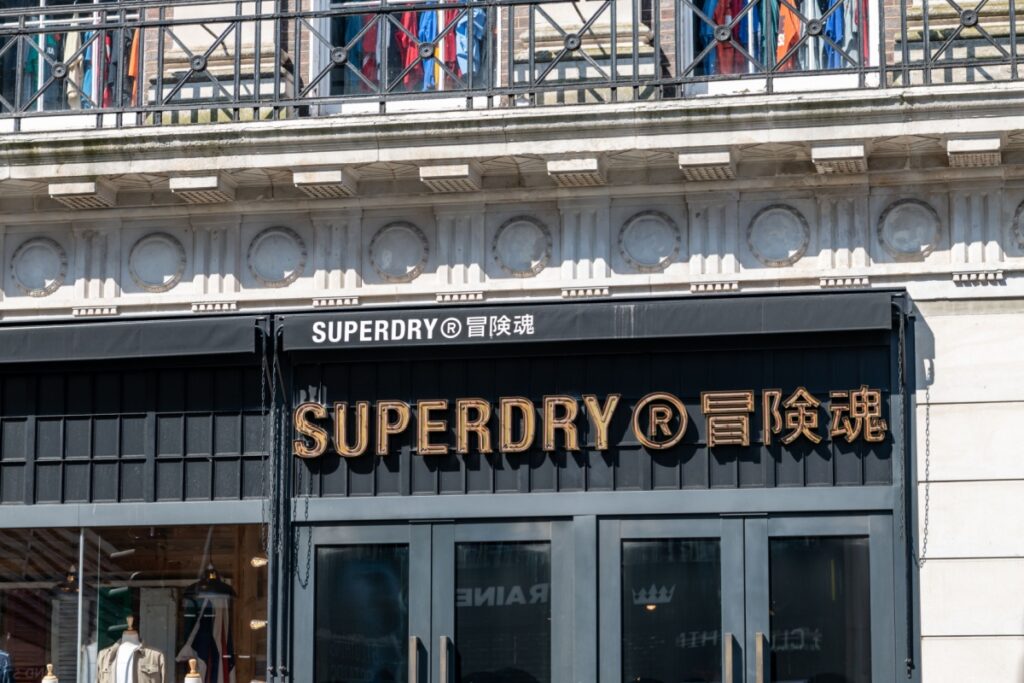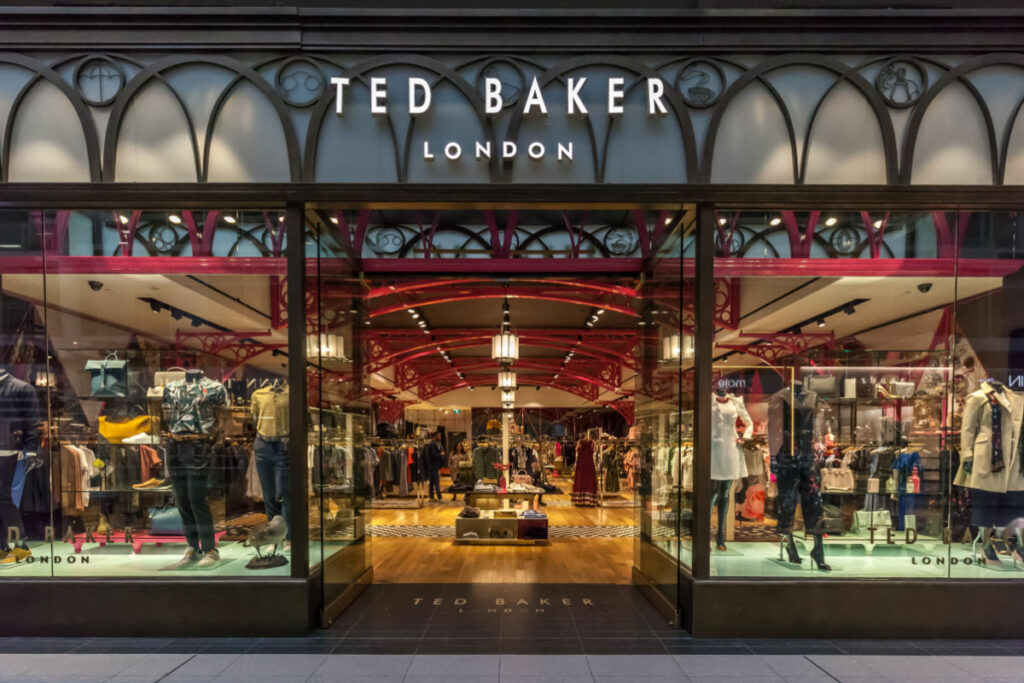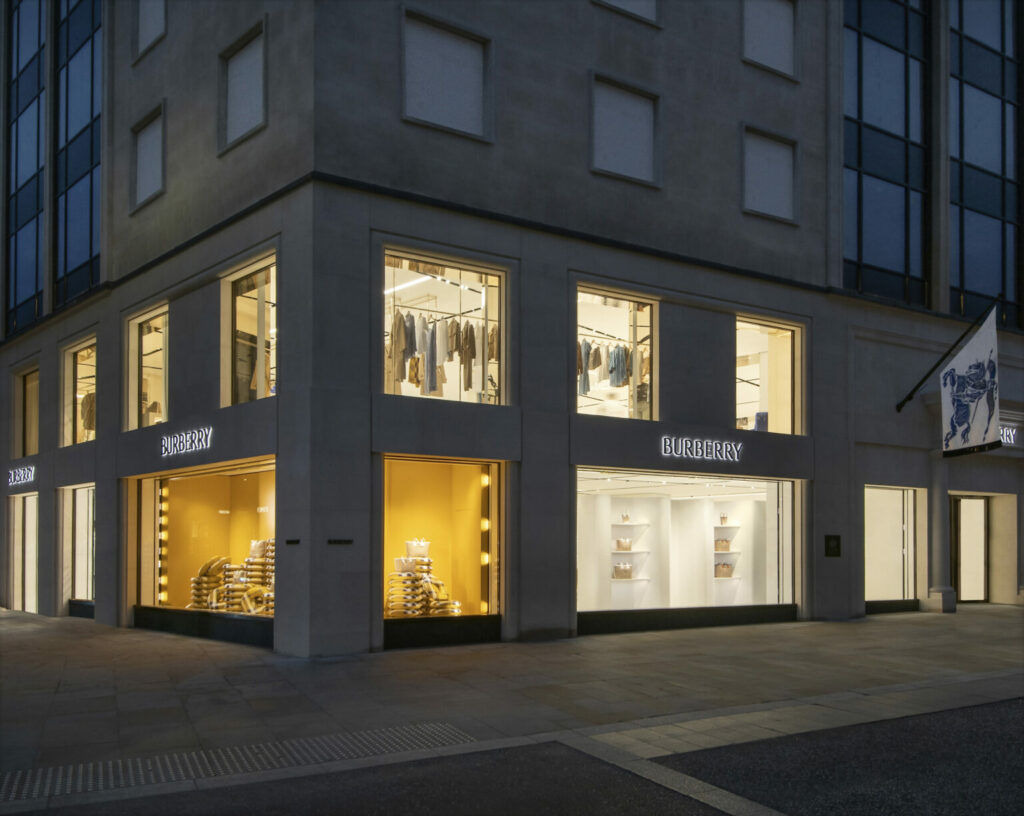Arcadia Group has had a strenuous year so far.
Despite taking out several CVAs, facing legal challenges, and revealing massive losses in recent accounts filed at Companies House – Sir Philip Green’s retail empire still seems to be standing on its two feet. But is it doing enough to revitalise itself?
Earlier this year, Arcadia – the parent company of Topshop, Topman, Burton, Dorothy Perkins, Miss Selfridge, Wallis and Evans – revealed plans to take out not just one, but seven CVAs. These were approved by the required majority of creditors in mid-June.
The CVAs entail around 48 store closures in the UK and Ireland and rent reductions on 194 other stores, 11 Topshop store closures in the US, and more than 500 job cuts to help bring the business back to profitability.
It may sound like doom and gloom, but Arcadia’s CVAs effectively saved the company from potential administration, which would have placed 17,000 of its employees’ jobs at risk.
READ MORE:
Meanwhile, the company is investing an estimated £75 million in revamping its stores and an additional £60 million to improve its online operations.
Mylo Portas, head of retail at data firm Peak, said Arcadia’s downturn was expected.
“Arcadia Group is the latest in a long line of retail brands to announce operating losses in the current retail climate,” he told Retail Gazette.
“But, it needn’t be all doom and gloom, as, just like every retailer – Arcadia has the opportunity to revitalise its business.”
Carl Uminski, chief operating officer and co-founder of digital agency Somo, blamed Arcadia’s problems on its failure to understand customers despite a thorough use of social media.
“Investing is a positive step but it will require a whole lot more than just throwing money at the problem,” he said.
“Arcadia needs to understand what its customers want and why its brand and stores warrant a visit.
“Increasing business rates, the Living Wage costs and a general decline in footfall across the company’s stores has caused the brand huge problems that it has failed to recognise in time to make impactful changes.”
Uminski also argued that Arcadia struggled to keep up with changing consumer behaviours.
“Arcadia has been too slow to respond to the changing economic landscape and consumer shopping trends”
“[It] has been too slow to respond to the changing economic landscape and consumer shopping trends, against a backdrop of a tarnished brand with Philip Green at the helm,” he told Retail Gazette.
“The latest full year results are abysmal with the hefty losses most likely to be largely from restructuring the business, the cost of lease adjustments and CVAs.
“On top of this, Arcadia has just lost its latest chair and chief operating officer, Jamie Drummond-Smith.”
In its accounts for the financial year ending September 1, 2018 – filed at Companies House earlier this month – Arcadia Group has swung to a full-year loss in both an operating and pre-tax basis as it laid bare the financial turmoil plaguing the firm.
The retail empire recorded an operating loss of £137.5 million for the period, a stark contrast to the £119.3 million operating profit recorded in 2017.
Arcadia also booked a full-year pre-tax loss of £93.4 million, compared to a pre-tax profit of £164.5 million the year prior.
EBITDA plunged 40 per cent year-on-year, dropping from £137 million in 2017 to £76 million in the latest full-year results.
The retail giant also saw turnover drop by 4.5 per cent year-on-year to £1.8 billion, which it attributed to “the ongoing challenge global market conditions for retailers”.
Arcadia said it had been impacted by reduced profitability from its bricks-and-mortar stores, and that it was not possible to reduce store costs when in-store sales were declining simultaneously.
Michael Rolph, chief executive and co-founder of mobile payment platform Yoyo, said Arcadia’s losses were “unsurprising”.
“Whilst sad to see, Arcadia’s losses are frankly unsurprising in light of Sir Philip Green’s failure to match the pace of innovation,” he told Retail Gazette.
“When he bought the Arcadia empire in 2002, Asos was just a startup with £10 million in sales – [recently], he announced that Topshop will be launching on Asos’ website.”
“Arcadia’s losses are frankly unsurprising”
However, just a few days after Arcadia’s losses were revealed, its flagship brands Topshop and Topman also revealed colossal losses.
In separate accounts filed at Companies House for the same full-year period, Topshop reported pre-tax losses of £505.1 million.
This came against losses of £3.9 million the previous year and followed a nine per cent drop in sales to £847 million.
Arcadia said Topshop’s results were hit by £488.8 million in charges, including for onerous shop leases on loss-making stores and write downs on the value of assets.
Andy Halliwell, senior client partner at digital consultancy Publicis Sapient, said Topshop appeared to have “done all the right things” – such as fashion, and even its Instagram shopping innovation, but their investment in digital “has been in the façade”.
While Topshop was one of the first retailers to launch an app, it didn’t have a cohesive marketing approach or digital strategy, while its fashion competitors did.
“Unlike their successful rivals like Asos, Zara and Primark, they’ve failed to invest in digital innovation in the core of their business – buying, supply chain, sales and returns,” Halliwell told Retail Gazette.
“Retailers need to recognise that digital transformation is not about transforming their digital channels – it’s about embracing the impact these technologies can have in predictive forecasting and cost analytics.”
Portas said Arcadia lacked in its offering of personalisation, and should have implemented this so “customers would feel as though the experience is tailored to them”.
“Arcadia failed to invest in digital innovation in the core of their business”
On surface, Arcadia seems determined to survive in the midst of a tough but evolving retail climate. The challenge now for Arcadia is huge, given its performance over the last 10 years.
Competitors – especially those with a strong online presence – will continue to disrupt and innovate and so if Green has any ambitions for the long-term survival of his retail empire, he may need to consider making more significant investments in the business.
Arcadia has certainly made a name of itself, both at home in the UK and abroad – which gives reason to believe it might be too big to fail. But the real question is, is it too big to change?
Click here to sign up to Retail Gazette‘s free daily email newsletter

















